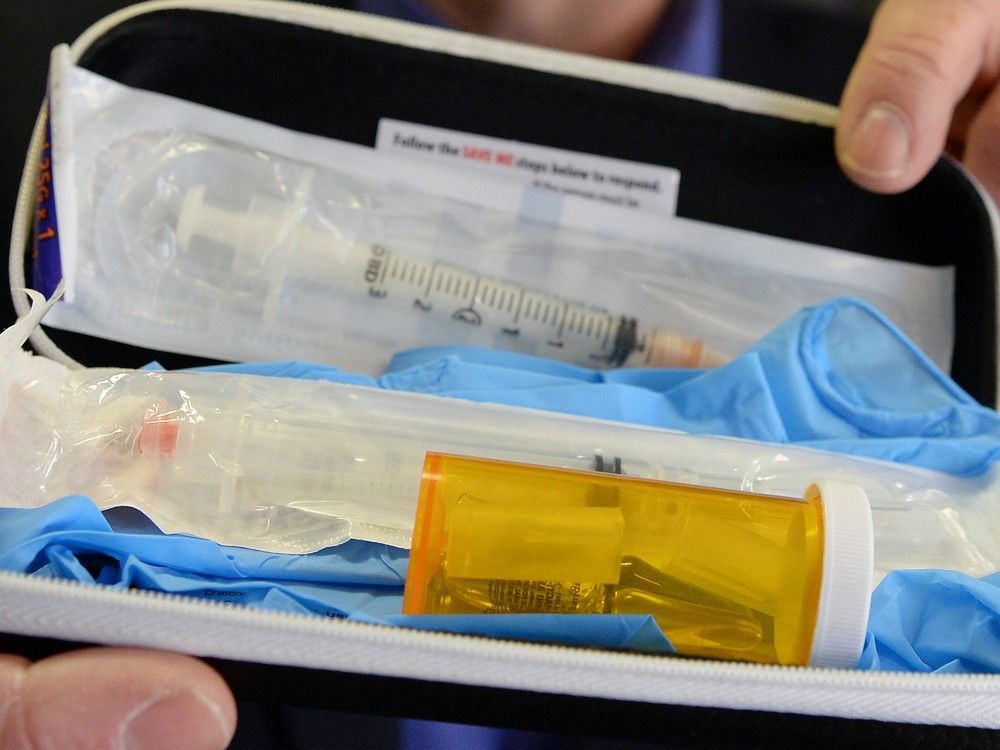
Last year in Catalonia, 358 people requested euthanasia, almost one request per day. The majority are patients with cancer or neurodegenerative diseases, such as Alzheimer's or Parkinson's, who want to stop suffering. However, only 189 of these requests were approved, or just over half.
The number of people requesting aid in dying in Catalonia has increased since the law came into force four years ago, and experts predict that these numbers will continue to rise in the future. In fact, in the last year there has been a significant jump in demand, increasing by more than 60%. Professionals themselves acknowledge that they must put more effort into meeting deadlines, as some of these requests become blocked, and almost a third of those with approved requests die before receiving them.

For Clara Pareja, Director General of Health Planning and Regulation at the Department of Health, the situation is not yet "critical," but she does admit that they are considering alternatives to address the sustained increase in euthanasia requests and benefits in the coming years. "Obviously, we have it planned," Pareja assured during the press conference to review the implementation of the law in 2024. However, she did not specify whether this will involve increasing the number of resources and professionals at the Guarantee and Evaluation Commission (CGAC), the body that resolves complaints in Catalonia.
Last year, 121 people died waiting for euthanasia when it had already been approved, and the waiting time from when a person requests it until it is applied has increased from 42 days to 63 in two years. According to the Right to Die with Dignity, this period should be between 30 and 45 days, and its president, Cristina Vallès, focuses on the delays and obstacles to the success of the , which is what worries them most. When a person wants euthanasia, they must inform a healthcare professional, who will then notify the committee responsible for approving or denying it.
Sometimes, these requests are stalled, delayed, and ultimately the person dies without the benefit. Therefore, Vallès believes that more efforts should be put into the protocols and strengthen the role of the center's euthanasia professional, who is the one who provides support in these cases. Albert Planes, a family doctor and member of the CGAC, agrees with Vallès that these initial requests should be expedited because "the process of a person who is suffering cannot be delayed.
" However, he has maintained that many of the delays "are not due to negligence" on the part of professionals, as many have not yet become accustomed to the new law. He has predicted that with increasing awareness of the law, processes will be streamlined and these cases that get stuck and fail to reach a successful conclusion will be minimized. Dying with dignity at home For the fourth consecutive year, the majority of requests received by the CGAC came from primary care.
However, this is the first time that the place where patients want to die has been compared, as the same number of people have done so at home and in the hospital, which until now was the first option. "People prefer to receive the benefit at home," Pareja stated. Neurological and oncological diseases continue to be the underlying pathologies of the majority of people who received euthanasia, although in some cases the cancer progresses faster than the request and the person dies before receiving it.
Pareja highlighted that in 2024 only 25 of the total requests were denied. Regarding the pending challenges, the Director General of Health Planning and Regulation believes that further analysis of the data is necessary to determine whether the territorial distribution of euthanasia is uneven. However, the department has claimed that Catalonia is the autonomous community that makes the most requests and receives benefits from the state, and has attributed this to greater awareness of the law.
"We are light years ahead of the rest of the country," Pareja concluded..















